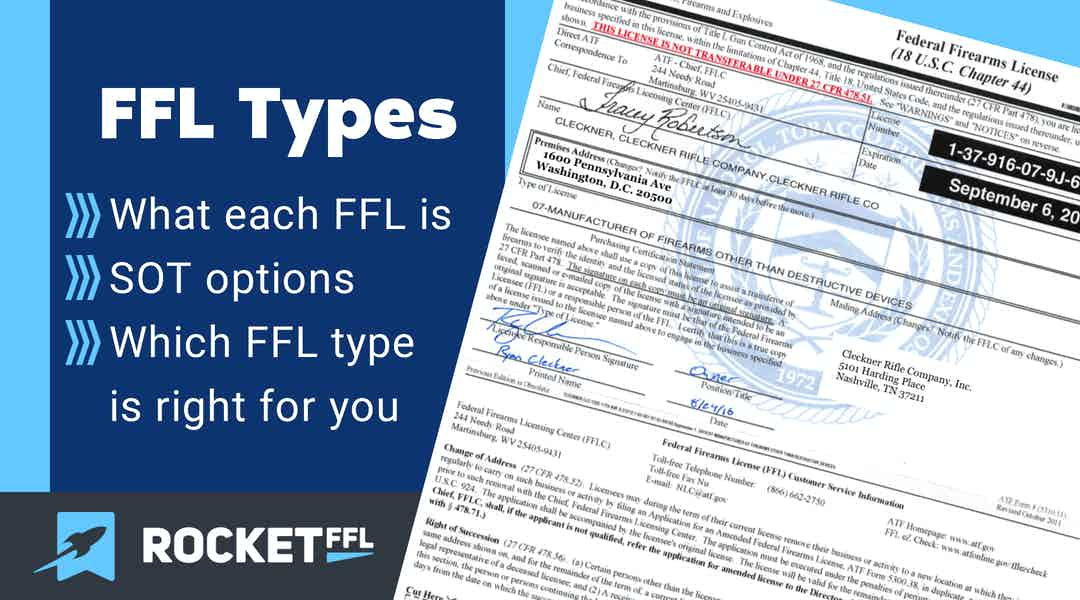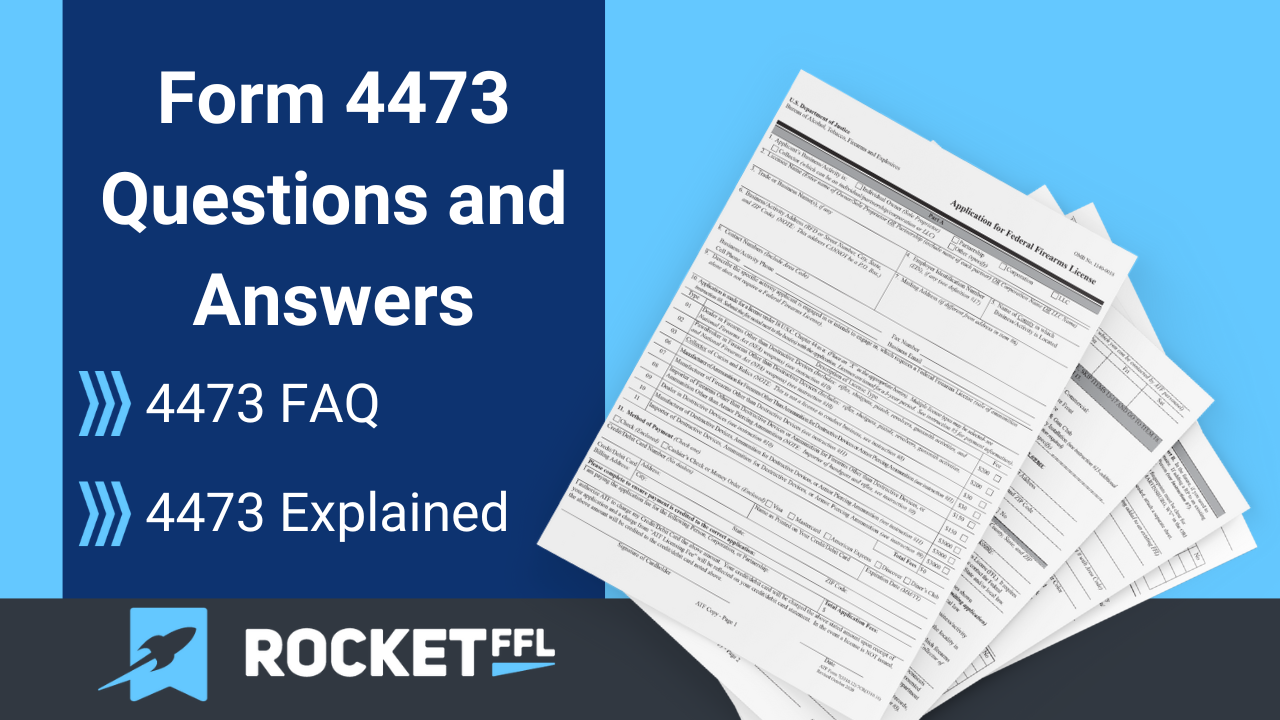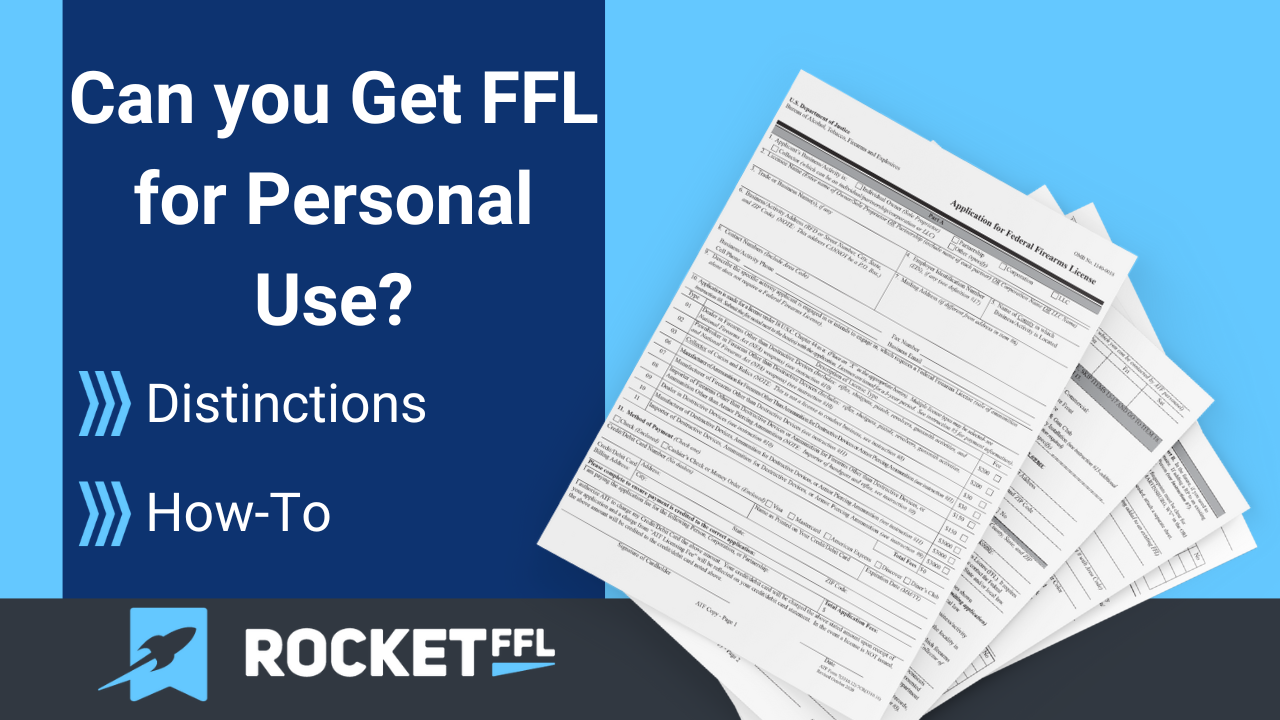Sweat the Details
The Gun Control Act of 1968 (GCA) allows the Bureau of Alcohol, Tobacco, Firearms and Explosives (ATF) to revoke your federal firearms license (FFL) if you have willfully violated any provision, rule or regulation under the GCA. To help ensure that your FFL is not revoked, it is important you understand what constitutes a “willful” violation of the GCA and ATF regulations. Since the term “willful” is not defined within the GCA or ATF regulations, Federal courts have defined what constitutes a willful violation. By knowing and understanding what the courts have said, you will be able to avoid committing a willful violation of the GCA and the ATF regulations and remain in business for years to come.
Minor Mistakes Count

When determining whether a record keeping error is a willful violation of the GCA or its corresponding regulations, courts are not required to consider the severity nor the effect of the error. In one case, a court clarified that even minor clerical errors may be treated as willful violations, since “failure to comply with exacting bookkeeping regulations may hinder the ATF’s ability to perform its mandated function.” Another court agreed that minor errors can be considered willful violations. “Keeping records is a technical exercise and errors, even typos, are unacceptable.”
This means that even if a minor error in failing to comply with the GCA does not result in illegal possession of a firearm, illegal use of a firearm or even an inability of the firearm to be tracked, your FFL may still be revoked for willfully violating the GCA.3 Encouraging careful attention to details, a Federal judge warned, “If ever there were a statutory scheme where a licensee would be obligated to ‘sweat the details,’ irrespective of how trifling they may appear, the [GCA] would appear to fit that bill.”
. . . [read the full article]




